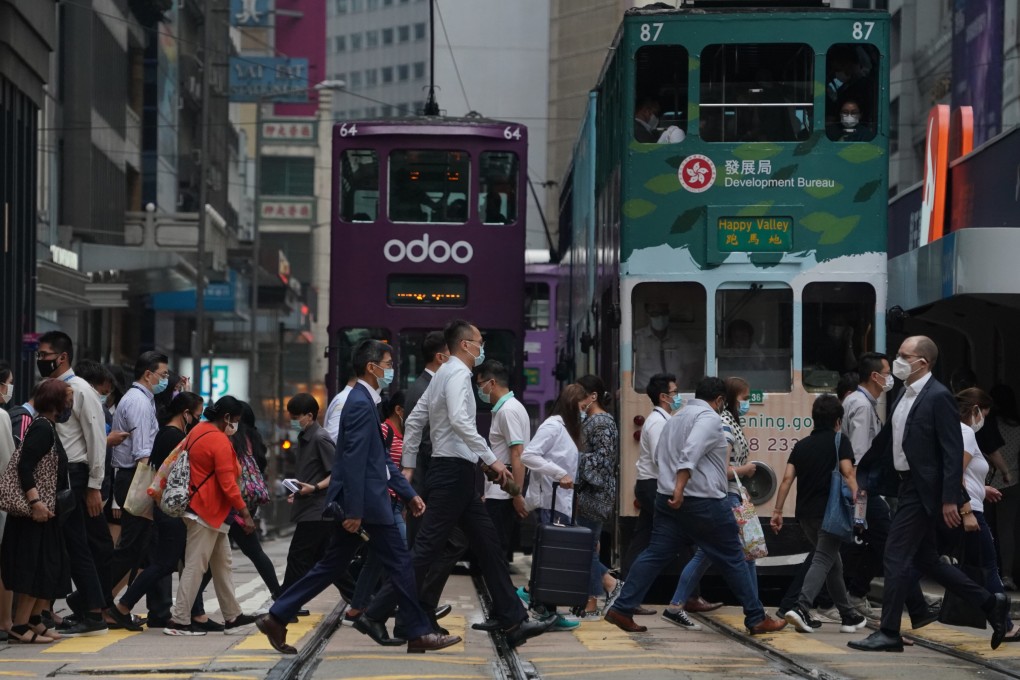Should Hong Kong and Singapore relent from tight Covid-19 rules to retain foreign talent?
- The financial hubs, traditionally among the world’s most open economies, have kept Covid-19 from overwhelming their health care systems through self-imposed isolation
- But as frustrated foreign workers begin drawing up exit plans, questions have arisen about whether the authorities need to act to avoid long-term damage to their status

“Unless they drop all restrictions, drop all quarantine in the next two or three months, I’ll probably drop the apartment, and drop the office, and drop the employees and drop the company,” said Coyne, whose business – which he has been running from Malta since June last year – employed 15 people in Hong Kong at its peak.
Currently, only citizens and permanent residents – who make up 71 per cent of the island nation’s population of 5.7 million – can leave and enter freely. The 1.23 million work pass holders, including professionals and executives, must obtain approval to re-enter, but the process has been suspended since last month due to a sharp spike in domestic cases and the emergence of new virus variants. Only workers in key strategic and infrastructural projects are exempted.
Zach, an American who has worked in Singapore’s legal sector for the past 10 years, said he had not seen his parents in the United States for two years.
“The desperation and frustration among the expats is starting to grow,” said Zach, who asked to be identified only by his first name. “It’s tough because you can’t see your family for a long period of time. This has been going on for longer than 12 months, now with no end in sight.”
